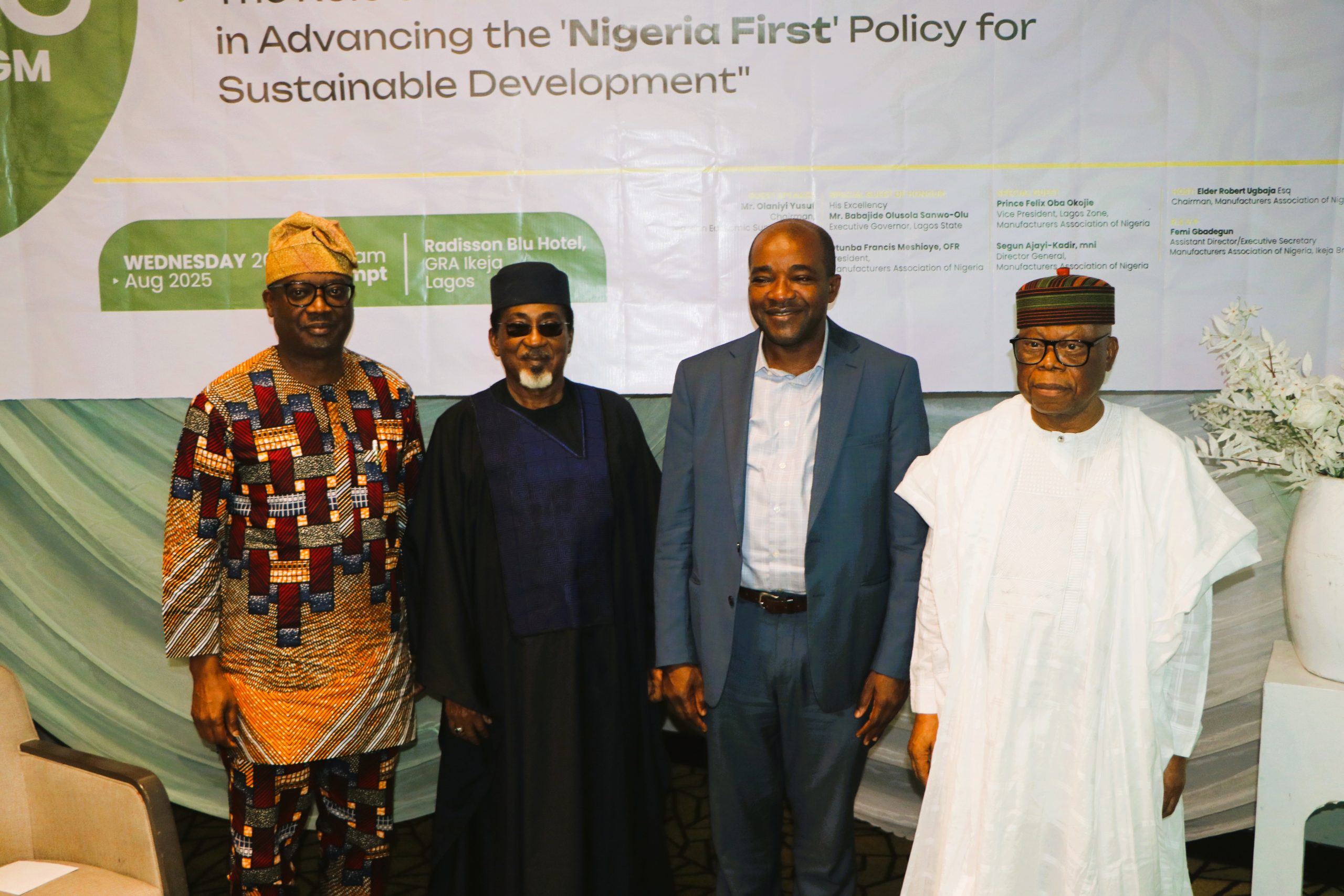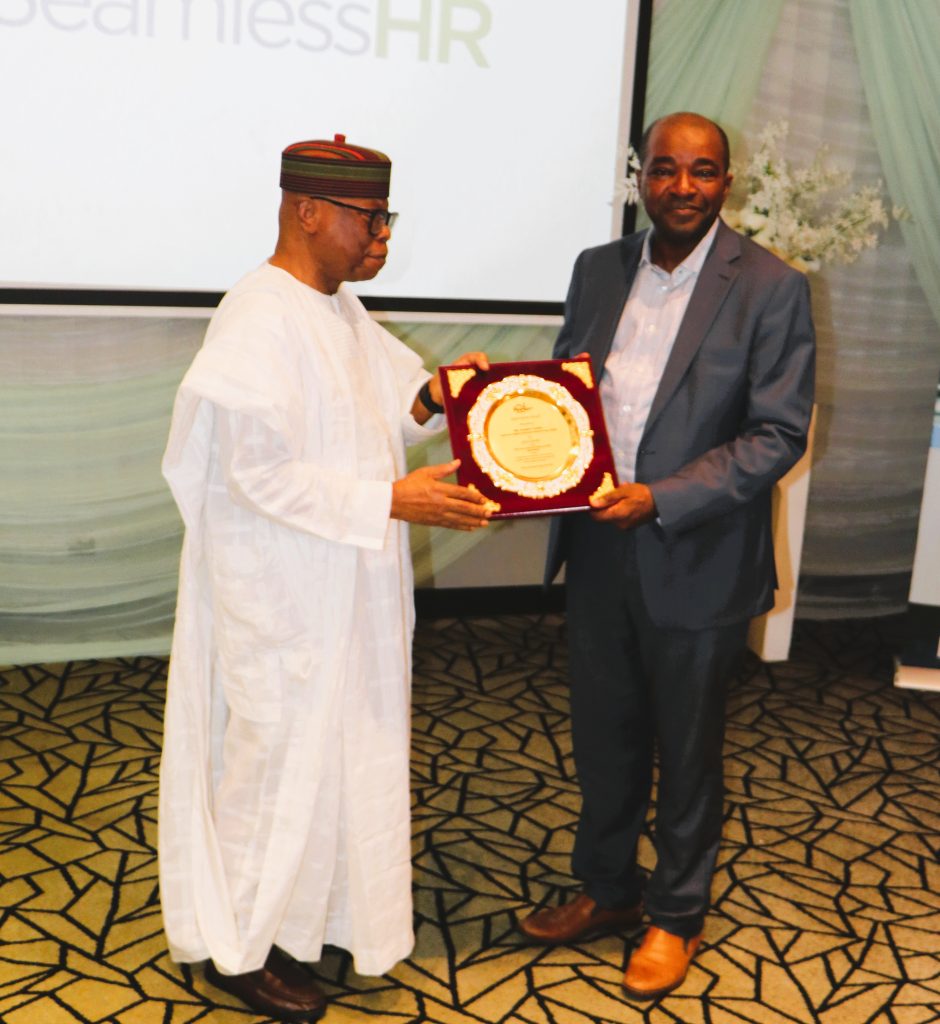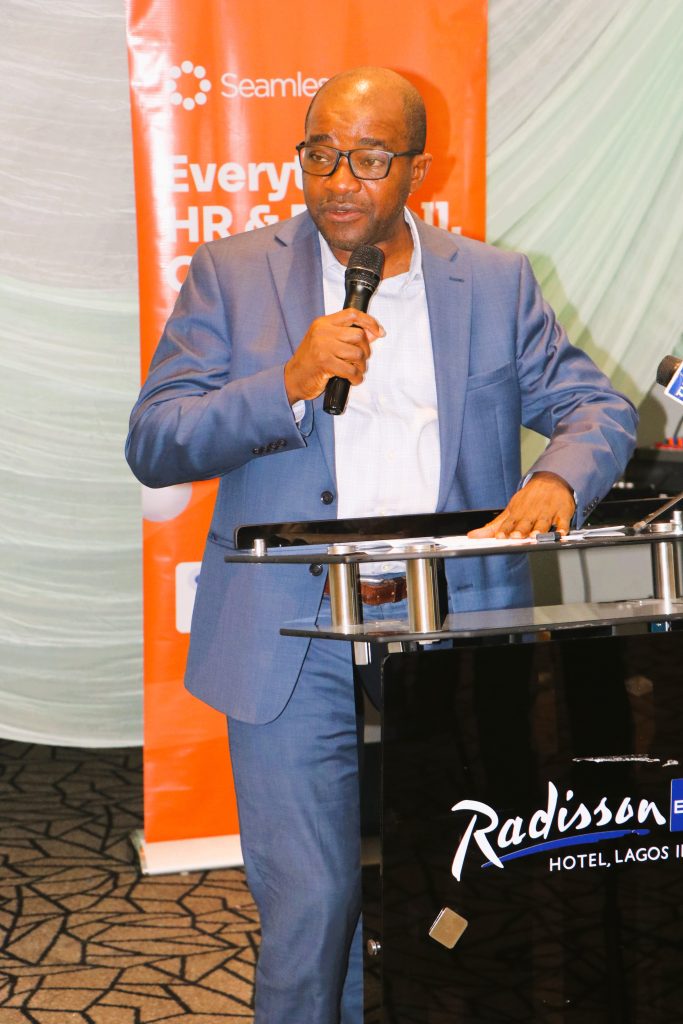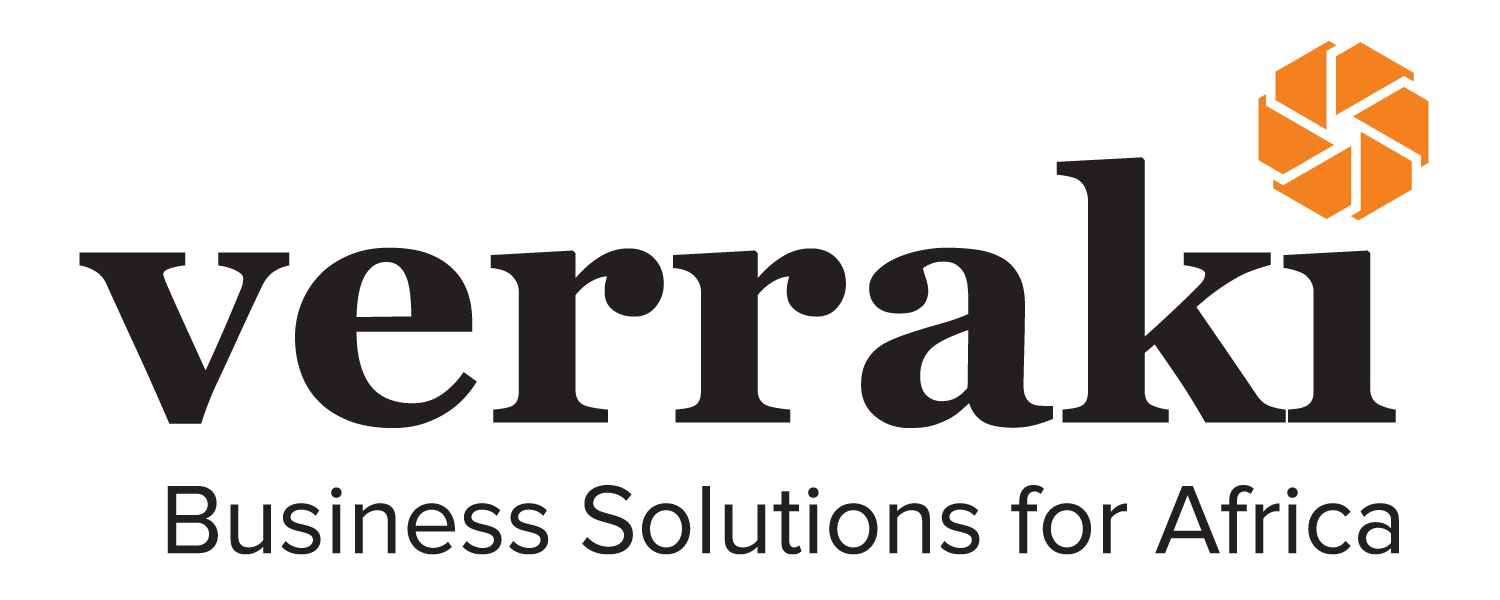
At the Manufacturers Association of Nigeria (MAN) Ikeja Annual General Meeting (AGM) 2025, leaders of industry, policymakers, and stakeholders came together to reflect on the role of manufacturing in shaping Nigeria’s future. The keynote address was delivered by Mr. Niyi Yusuf, Managing Partner of Verraki (a member of Andersen Consulting) where he called for bold reforms to reposition Nigeria’s economy under a “Nigeria First” policy framework.
This gathering was more than a routine AGM, it was a defining moment in charting how manufacturing can anchor Nigeria’s growth in an era of global uncertainty.
A Global Reset and Nigeria’s Opportunity
The global economy is undergoing a fundamental reset. Supply chains are being redefined, protectionist measures are on the rise, and countries are increasingly prioritising self-reliance. According to the World Trade Organization, nearly 1,800 new trade-restrictive measures have been introduced globally since 2020, covering over US$1.5 trillion in trade flows.
For Nigeria, this global shift presents both risks and opportunities. Without building strong domestic capacity, Nigeria risks becoming a dumping ground for imports. However, with decisive action, the country can leverage this disruption to rebuild, restructure, and secure long-term competitiveness.
The African Continental Free Trade Area (AfCFTA) offers expanded market access but also exposes existing weaknesses. As Niyi warned, without deliberate reforms, Nigeria risks becoming a bystander in regional trade.
The State of Manufacturing in Nigeria
Despite its strategic importance, Nigeria’s manufacturing sector is underperforming:
- Manufacturing’s contribution to GDP has dropped from 9.1% in 2019 to 8.2% in 2024.
- Growth slowed sharply post-COVID, from 6.6% in 2022 to just 1.2% in 2024.
- Capacity utilisation has fallen below 50%, and exports account for only 3% of total trade, down from 7.7% in 2019.
These figures highlight structural weaknesses, overreliance on imported inputs, weak value-chain integration, limited innovation linkages, and policy discontinuity. High-potential sectors such as automobile assembly, electronics, and refining remain marginal players in Nigeria’s industrial landscape.
As Niyi noted, the issue is not just underperformance but deep structural constraints that demand urgent, coordinated reforms.
MAN as a Strategic Driver of Change
For over five decades, the manufacturers association of Nigeria has been a bedrock of Nigeria’s industrial policy advocacy, representing manufacturers across multiple sectors and regions. In his address, Niyi challenged the association to evolve from being primarily an advocate into a transformative force for national development.
He outlined five imperatives for MAN’s future role:
- Policy Co-Creation: Collaborating with NESG and government to design long-term investor-focused policies
- Sectoral Roadmaps: Establishing measurable industrial roadmaps for growth.
- Quality and Trust: Championing credible “Made in Nigeria” standards and consumer campaigns.
- Future Industry Readiness: Leading on green manufacturing, robotics, AI, and sustainable industrial practices.
- National Development Bargains: Building social contracts where manufacturers commit to jobs and standards in exchange for enabling reforms.
These imperatives position MAN not just as a voice but as a co-architect of Nigeria’s industrial transformation.

What “Nigeria First” Really Means
The “Nigeria First” policy, as defined by Niyi, is not about isolationism, it is about strategic self-prioritisation. It requires both a strong supply side and a loyal demand side:
- Supply Side: Firms enabled by reliable infrastructure, energy, logistics, and enabling policies.
- Demand Side: Nigerians households, corporates, and government, who deliberately choose to patronise Nigerian products.
This dual strategy requires reforms in customs, ports, financing, and procurement, alongside consumer education and national quality frameworks that inspire trust in local brands.
As he emphasised: “Nigeria will only rise when we produce what we consume and consume what we produce.”
No nation achieves greatness without producing, building, and believing in its own capacity. The message from this year’s MAN AGM is clear: Nigeria’s future lies in putting Nigeria first. With bold reforms, aligned stakeholders, and committed leadership from associations like MAN, Nigeria can turn its manufacturing challenges into opportunities for sustainable growth and national dignity.

For Verraki, this message aligns with our mission of partnering with governments and businesses to deliver transformation. By advancing a “Nigeria First” economic strategy, we can help shape an industrial base that is resilient, innovative, and globally competitive.


